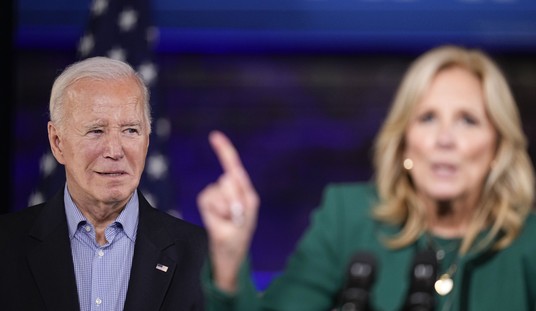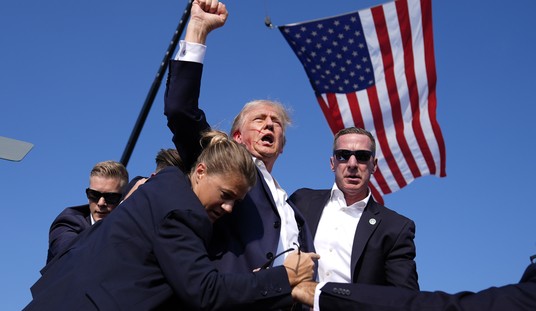A former senior Japanese military official has openly suggested that Japan acquire nuclear weapons, following the North Korean weapons and missile test.
May 29 (Bloomberg) — North Korea’s nuclear test and missile launches have Japan confronting a topic long off-limits: acquiring atomic weapons of its own. “The threat is elevated and Japan should seek to arm itself with nuclear weapons,” former Japanese air force chief Toshio Tamogami said in one of two recent interviews. … “Tamogami’s opinion is still a minority view, but it is no longer a taboo, nor seen as an extreme one,” said Yoichi Shimada, an international-politics professor at Fukui Prefectural University in central Japan.
This came on news that former Secretary of Defense William Perry has publicly called for a viable military option against Pyongyang, should all else fail to disarm it.
Former U.S. Defense Secretary William Perry on Thursday said that the Obama administration has to consider possible military action against Pyongyang if other coercive measures couldn’t frustrate its nuclear ambition. “I’m not recommending military action. But somewhere along in this series of coercive actions, one can imagine an escalation, and if the ones that are less do not succeed, we have to be willing to consider the other ones,” Perry told a forum of the Council on Foreign Relations. … Perry’s comment on the DPRK nuclear crisis echoed a previous claim made by Mike Mullen, chairman of the Joint Chiefs of Staff, who hints the U.S. military has determination and capacity to deal with any threat by the DPRK.
AFP reported Perry as saying that “‘somewhere along in this series of coercive actions, one can imagine an escalation, and if the ones that are less do not succeed, we have to be willing to consider the other ones’. … Brent Scowcroft, a former national security adviser and Perry’s co-chair in a study on US nuclear policy, said he agreed with Perry, but cautioned that the use of force was fraught with the risk of unintended consequences.”
In a question and answer session, Perry said the US approach toward North Korea in the six party talks had failed, and there could be no return to business as usual.
“Having said that, I do believe that diplomacy still has a chance of success, but only if it is robust and only if its robustness includes some meaningful coercion on opponents,” he said. “I recognize that diplomacy has a much steeper hill to climb now than it did in 2003 because they now have a bomb,” he said, referring to the last crisis with North Korea. “Then we had the option of stopping the production of plutonium. Now the plutonium has been produced and it is located somewhere we know not where. So that option has now disappeared,” he said.
Perry’s assessment of the six party talks echoed that of John Bolton, who was interviewed by the Huffington Post under the title, “Is John Bolton Right About North Korea?” Bolton called the Obama “absent without leave on North Korea policy” and placed special emphasis on what Perry had independently noted: North Korea now had plutonium. It was a de facto nuclear weapons state, albeit a small one. And that might make all the difference to China.
I don’t think the North Koreans have any intention of negotiating away their nuclear weapons capability. If there was any doubt about that, this nuclear test surely puts that to rest. …I take them [China] at their word that they don’t want a nuclear North Korea. They agree with the U.S. on that. Where they disagree with the U.S. is they are afraid to do anything that would bring down the Kim Jong-il regime. In my view, China should rethink this. It is not in their interest to keep this regime in power if it is going to pursue nuclear weapons. …
Japan will have to do what it has to do. This anxiety reflects a concern about whether the U.S. nuclear umbrella over Japan is as strong as it used to be. I found it extraordinary that Secretary of State Clinton felt she had to publicly assure Japan of the U.S. commitment to their security as this crisis has unfolded. Obviously, the Japanese are worried, and that message is getting through….
The Iranians are watching this very carefully. If the U.S. and the U.N. respond ineffectively, the Iranians will draw the conclusion that if North Korea can get away with it, then they can, too. The stakes are very high.
The North Korean problem goes beyond that of single, poor country seeking its own nuclear weapon. If North Korea were an ordinary state seeking to acquire defensive weapons it would be entirely deterrable. If Pyongyang fired a missile at Japan, then North Korea would be destroyed. At the most, it its nuclear weapons would guarantee the continuation of its dysfunctional regime, something that hurts it much more than it hurts anyone else. But the problem, as both Perry and Bolton have noted, is that North Korea may be linked with the wider breakout: to Iran, Syria and Pakistan. It is a nuclear power without the characteristics of a Great Power state. It’s a rogue, and more significantly, one whose only export is trouble. Hence the problem of the plutonium begins to weigh heavily on the minds of policy makers. Even those who publicly don’t believe in an “Axis of Evil” must must find someone who defend against it.










Join the conversation as a VIP Member